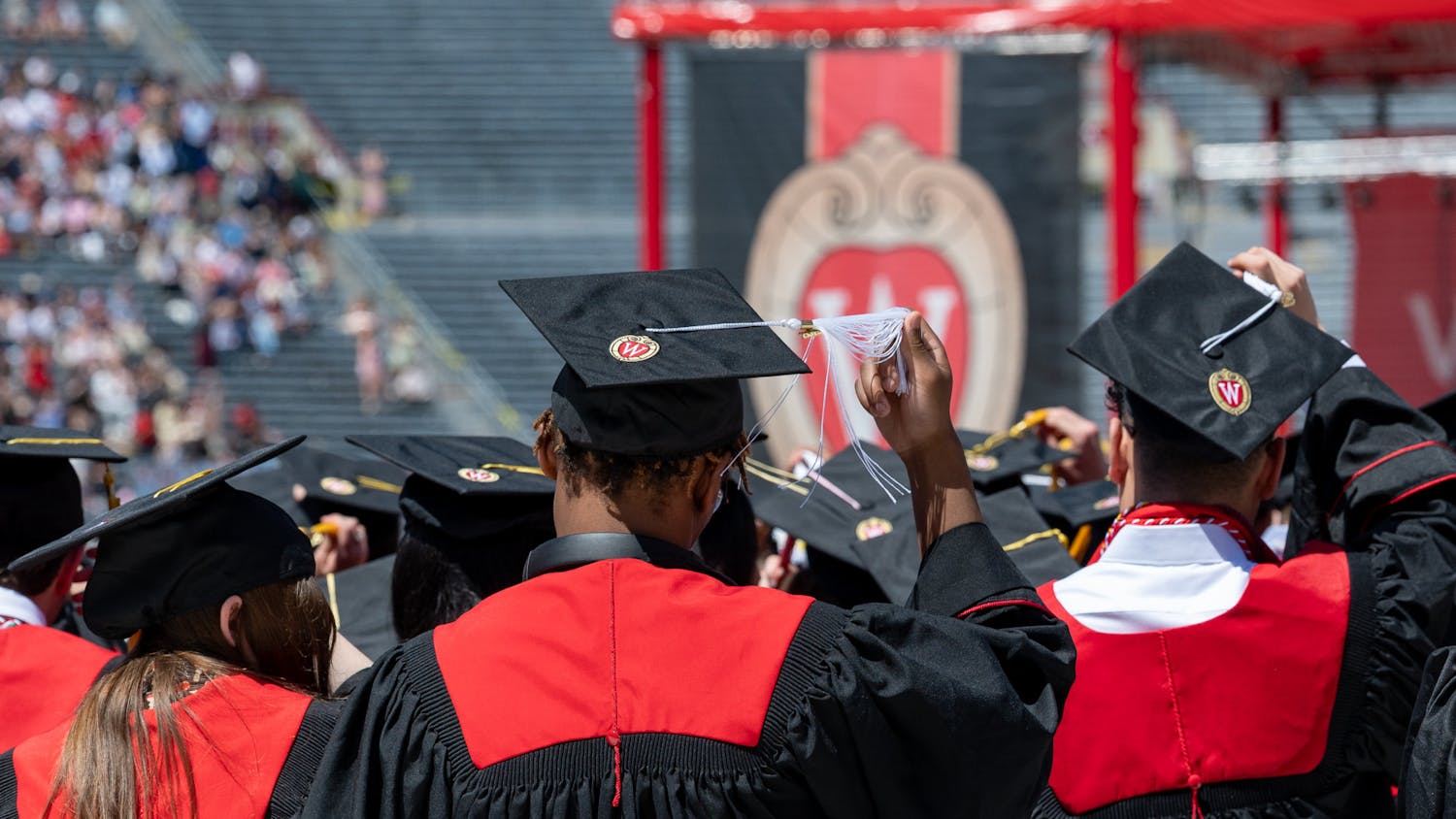Elections spanning seven states became a moment of truth for many Democratic presidential candidates Tuesday night as initial primary and caucus results filtered through the media.
While Sen. John Kerry won in five states, for Sen. John Edwards, D-N.C. and Gen. Wesley Clark of Arkansas, the results provided a much-needed boost. Each won a state-Edwards winning the most delegates from his native South Carolina with 45 percent support, and Clark running even with Edwards in Oklahoma with 30 percent.
Meager election returns for Sen. Joe Lieberman, however, led him to drop from the race. He congratulated Edwards and Kerry in his concession.
Five states-Arizona, Delaware, Missouri, Oklahoma, and South Carolina-held primaries, while New Mexico and North Dakota held caucuses, marking the largest group of states to hold primary elections before \Super Tuesday"" March 2. It was also the largest election before Wisconsin's primary Feb. 17, and was seen as a major test for Democratic candidates.
Kerry became the clear front-runner early on in Missouri, a state with 74 delegates. He also won Arizona, Delaware, New Mexico and North Dakota by sizeable margins.
Sarah Brown, coordinator of Students for Kerry at Truman State University in Kirksville, Mo., said she was overjoyed with the results.
""It's way better than any of us had planned or expected, so I was absolutely thrilled,"" Brown said.
Kerry's success may be based on the end of Rep. Dick Gephardt's, D-Mo., campaign, Brown said. Gephardt enjoyed a lead in Missouri polls before his concession.
An ebullient Edwards accepted his South Carolina victory to the strains of John Mellencamp's ""Your Life is Now"" and a shower of red, white and blue balloons.
""I'm going all the way to the White House,"" Edwards proclaimed.
UW-Madison junior Tony Larsen, a volunteer in Edwards' campaign, said Edwards' win in South Carolina was crucial to getting his message out to American voters.
""Not too many people knew about Edwards, even in Iowa, then he blasted up once people heard about him. Basically, America just needs time,"" Larsen said.
Edwards' victory comes as a CNN/USA Today/Gallup poll released Tuesday puts him slightly ahead of Bush in a hypothetical head-to-head matchup.
At press time, Clark was in a dead heat with Edwards in Oklahoma but claimed victory in a speech aired on CNN. Cheerfully, Clark proclaimed, ""Oklahoma's OK by me.""
UW-Madison political science Professor Virginia Sapiro, however, said Clark's victory hung by a thread.
""I imagine that his forces would have wanted to do better there than they actually did,"" Sapiro said.
Former Vt. Gov. Howard Dean placed poorly in Tuesday's contest, not winning more than 18 percent in any participating state. Dean and his supporters, however, were not pessimistic.
""We didn't expect any wins, so we can't be disappointed,"" Dean explained on CNN.
Mike Spahn, spokesperson for Dean's campaign in Wisconsin, said Dean was focusing more on states such as Wisconsin instead of the states participating in ""Super Seven"" Tuesday.
As Lieberman conceded defeat, he offered his services as a vice presidential candidate to his colleagues, but Sapiro predicted no one would accept the offer.
""It would make a lot more sense for the Massachusetts guy to pick up the southern guy or the general guy,"" she said.
Rep. Dennis Kucinich, D-Ohio, received no delegates from any state, while Rev. Al Sharpton earned an encouraging third place in South Carolina, winning more votes than Dean and Lieberman combined. Still, Sharpton has little chance in Wisconsin-according to the Federal Elections Commission, his total fundraising in this state has amounted to $30.





